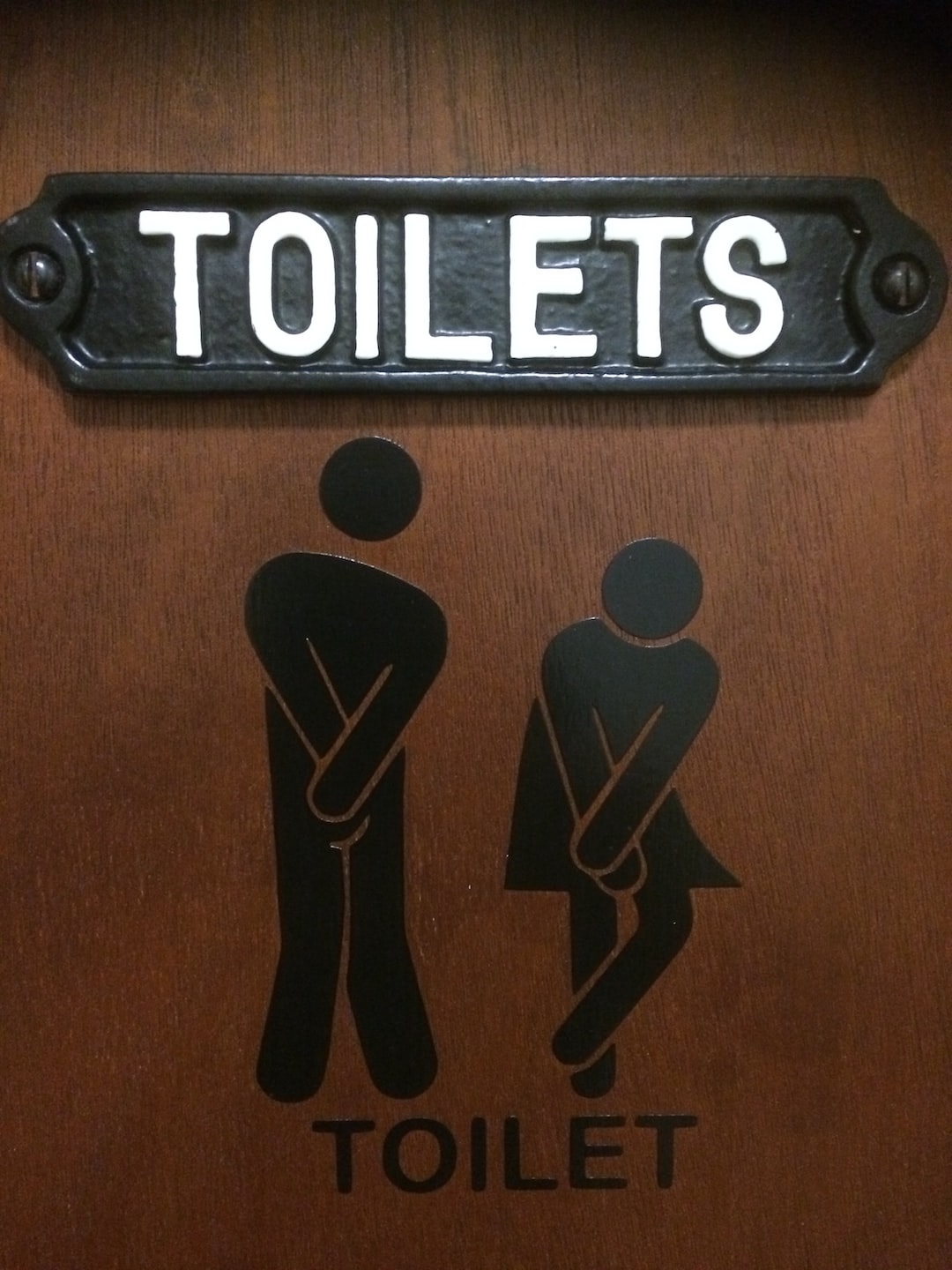Forex Broker Comparisons: Finding the Best Broker for Your Trading Needs
When it comes to trading in the forex market, one of the most important decisions you will make is choosing the right forex broker. A forex broker acts as an intermediary between you and the market, executing your trades and providing you with various tools and services to enhance your trading experience. With so many options available, it can be overwhelming to find the best broker for your trading needs. In this article, we will guide you through the process of comparing forex brokers and help you make an informed decision.
Regulation and Security
The first and foremost aspect to consider when comparing forex brokers is their regulation and security. It is crucial to choose a broker that is regulated by a reputable financial authority, as this ensures the broker operates under strict guidelines and adheres to certain standards. Regulated brokers provide a higher level of security for your funds and guarantee fair trading practices. Look for brokers regulated by well-known authorities such as the Financial Conduct Authority (FCA) in the UK, the Australian Securities and Investments Commission (ASIC), or the Cyprus Securities and Exchange Commission (CySEC). Additionally, check if the broker offers segregated client accounts, which means your funds are kept separate from the broker’s operational funds.
Trading Platforms
The trading platform is the software you will use to execute your trades and analyze the market. A good trading platform should be user-friendly, stable, and offer a wide range of tools and features to assist your trading. The most popular trading platform in the forex market is MetaTrader 4 (MT4), known for its robustness and extensive functionality. Many brokers offer their own proprietary platforms, which may have unique features but may lack the versatility and familiarity of MT4. Consider whether you prefer a web-based platform that can be accessed from any device or a downloadable platform that offers more advanced features.
Spreads and Commissions
Spreads and commissions are the costs you will incur when trading forex. Spreads refer to the difference between the buying and selling price of a currency pair and are usually measured in pips. The narrower the spread, the lower the cost for you to enter and exit trades. Commission-based brokers charge a fixed fee per trade, which can be more cost-effective for high-volume traders. It is important to compare the spreads and commissions offered by different brokers to find the most competitive rates.
Leverage
Leverage allows you to control a larger position in the market with a smaller amount of capital. It can amplify your profits, but it also increases your risk. Different brokers offer different leverage levels, ranging from 1:50 to 1:500 or even higher. While high leverage can be attractive, especially for traders with limited capital, it is important to understand the risks involved and use leverage responsibly. Make sure to choose a broker that offers leverage that suits your trading strategy and risk tolerance.
Deposit and Withdrawal Options
Consider the deposit and withdrawal options offered by the broker. A reputable broker should provide various convenient and secure methods for depositing and withdrawing funds. Look for brokers that support popular payment methods such as bank transfers, credit/debit cards, and e-wallets like PayPal or Skrill. Additionally, check if there are any fees associated with deposits or withdrawals and if the processing times are reasonable.
Customer Support
A good broker should provide excellent customer support to assist you with any inquiries or issues that may arise. Look for brokers that offer multiple channels of communication, such as live chat, email, or phone support. Test their response time and the quality of their support before opening an account. Consider reading reviews or asking for recommendations from other traders to get an idea of the broker’s reputation for customer service.
Educational Resources
Whether you are a beginner or an experienced trader, educational resources are essential for continuous learning and improving your trading skills. Compare brokers based on the educational materials they provide, such as webinars, video tutorials, e-books, or market analysis. Some brokers even offer demo accounts, allowing you to practice trading with virtual money before risking real funds. A broker that invests in its clients’ education demonstrates its commitment to their success.
Final Thoughts
Choosing the best forex broker for your trading needs requires careful consideration of various factors. Start by evaluating the broker’s regulation and security measures to ensure the safety of your funds. Then, compare the trading platforms, spreads, and commissions offered by different brokers to find the most suitable option. Consider the leverage levels, deposit and withdrawal options, as well as the quality of their customer support and educational resources. By conducting thorough research and weighing your options, you can find a broker that aligns with your trading goals and preferences, setting you up for success in the forex market.






